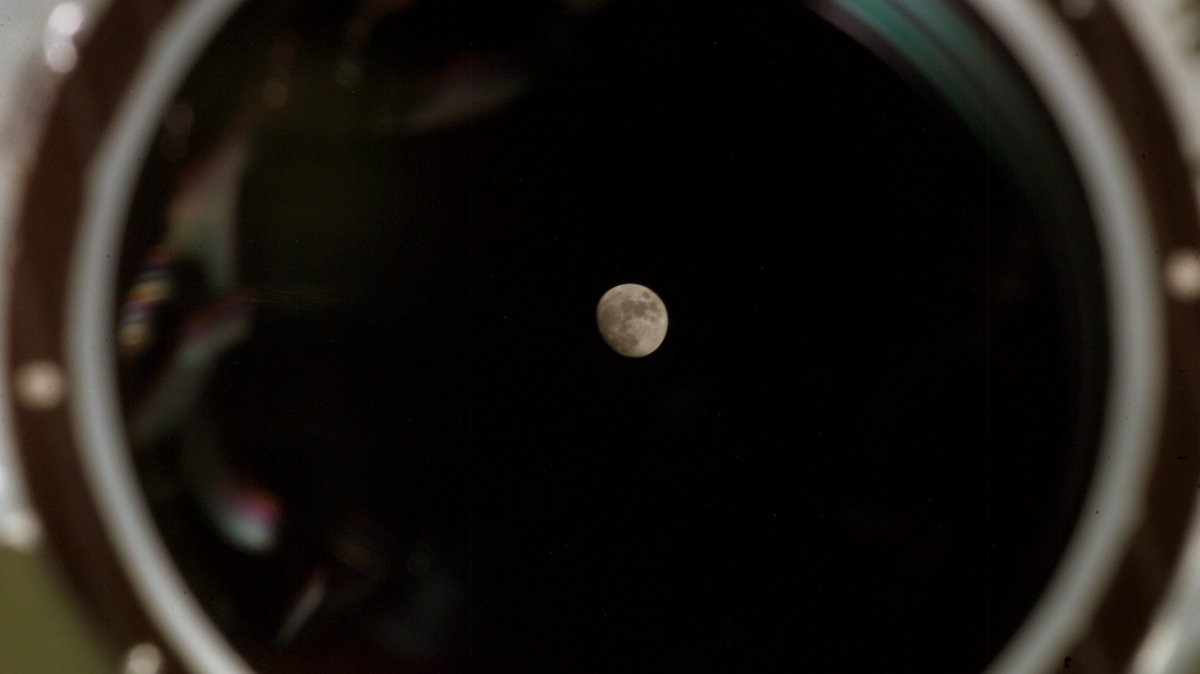
[ad_1]
The deposits of important resources on the moon are so small that there could soon be severe tension, lack of space and conflict if exploitation actually begins in the coming years. This was determined by two researchers who published their findings in the journal Philosophical Transactions of the Royal Society A. The problem is that there are now more and more plans for moon landings, but only relatively few suitable locations for moon bases or resource extraction. Furthermore, there are no legal regulations governing who receives the raw materials there.
Too few raw materials
The scientific article is part of a series on the importance of the moon for astronomy in the next decade. The satellite has recently come back into focus, especially after NASA announced it would send astronauts there within a few years and install a space station in its orbit. The US space agency itself had officially started the hunt for resources there a few weeks ago. On-site access is a prerequisite for construction projects on the moon, for example because it would be “absurdly expensive” to bring iron from the earth there, the researchers say.
The Harvard-Smithsonian Center for Astrophysics, where the study was carried out, explains that the interest in raw materials is not new, but the urgency is now different. Furthermore, until now there have been discussions about scientific uses competing with access to economic resources, or who is actually authorized to access them. The biggest problem is that there are too few resources on the moon, which are also concentrated in a few places. There could quickly be a lack of space, the resulting conflicts and exploitation that is too rapid. Furthermore, there is a risk that the deposits discovered so far turn out to be much smaller than assumed after better resolved analyzes. The reverse may also be true.
Legal foundations such as the 1967 Space Treaty do not aim at solid deposit protection, they say. However, researchers see ways to prevent conflict. Potential users of the resources – such as states and private companies – could sit back and go through worst-case scenarios to coordinate how they could be prevented. There are also usage scenarios on land, such as oceans, which could serve as a model here. To do this, however, one should first determine which resources are actually involved, because in addition to physical raw materials, for example, even the few places with particularly short nights are in themselves a scarce resource.
(mho)
.
[ad_2]
Source link